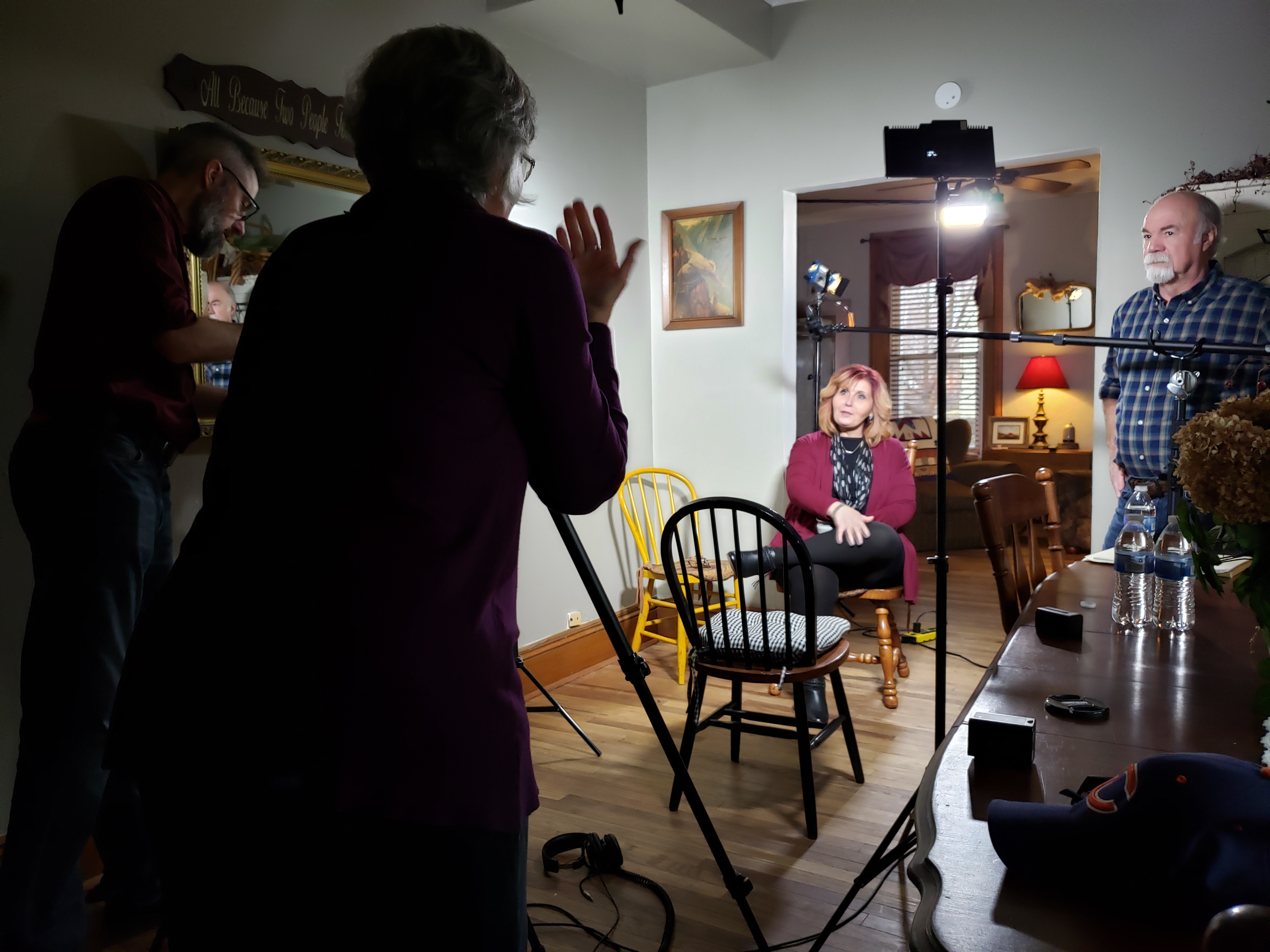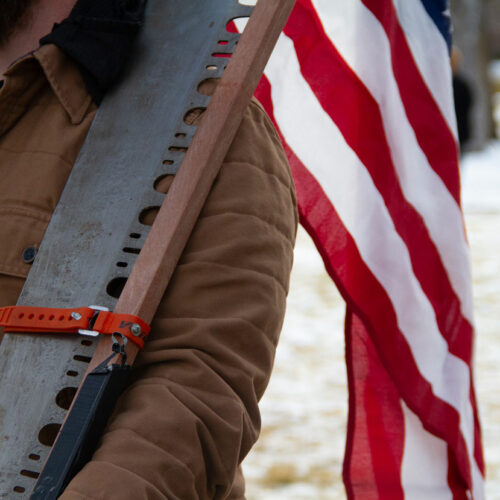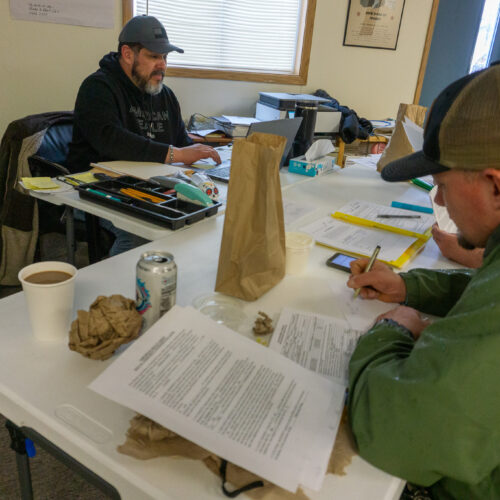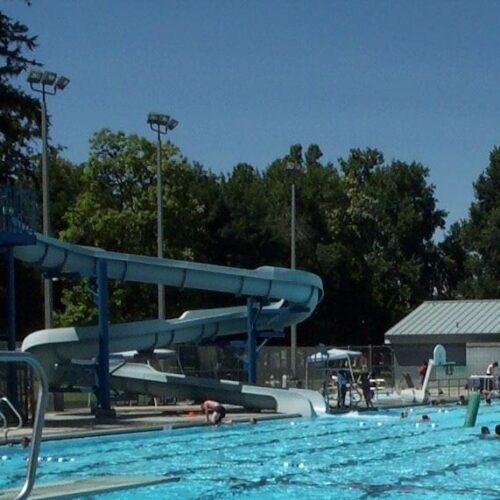
Documentary Aims To Shed Light On Families Of War Veterans
Listen
(Runtime 1:46)
Read
Many people have heard about the effects of PTSD on military veterans. But PTSD can have a profound impact on veterans’ families as well, said Norma Jaeger, the executive director of the nonprofit Recovery Idaho.
Jaeger is also the executive producer for the documentary film “I Married the War” by the Boise-based directors Betty and Ken Rodgers. That film, she said, aims to shine a light on those stories.
The documentary specifically focuses on the wives of veterans, who often have one of the biggest roles in trying to help their spouses deal with PTSD and reintegrate into civilian life.
“They were the go-between, between the husband’s PTSD-impacted sort of angry, rageful outbursts over small things — they were the go-betweens with the kids with the children trying to help the whole family understand, and function with this very challenging situation.”
Carman Hinson is one of 11 spouses of veterans featured in the documentary. She took on that role after her husband, who served in Iraq and Afghanistan, suffered from a traumatic brain injury and PTSD.
The vulnerability it took to film the documentary was scary, Hinson said, but she hopes it might help other families in a similar situation.
“I just kept thinking that if putting our story out there helps one spouse, or one military member, or one family feel like they are not alone with this and gives them resources to get help sooner than we found it the hard way, then it is all worth it,” Hinson wrote in an email to the Tribune.
Hinson also hopes the film will help people have a better understanding of how war affects not only military members, but also their spouses and children, she said.
“The effects of war on a military member have such a huge ripple effect on the entire family, that can even trickle down generations,” Hinson wrote. “It is so important that we share our stories and constantly seek to find resources and get the help that is needed.”
Often, Jaeger said, people who choose to join the military already have a history of early childhood trauma. Adding the trauma of war for those people can make existing trauma responses more intense, she said, which is part of why support for veterans and their families is so important.
Jaeger said she hopes the film will also help more people get the resources they need. Veterans with both PTSD and physical injuries are also at a higher risk of substance abuse, which is why the filmmakers partnered with the Latah Recovery Center for the film screening.
James Rankin, the veteran outreach coordinator at the center, said he hopes the film will give people a better understanding of how a veteran’s experiences can affect their entire community.
“Actually, it goes beyond family,” he said. “It affects the entire person’s world. Everybody around (a veteran with PTSD) touches it.”
In his role at the recovery center, Rankin said having served in the military himself helps him to understand the veterans seeking his help. At the same time, many of the struggles veterans have are similar to anyone else going to the center.
They’re all human beings, and they’re all wanting to make a change for the better,” he said. “Veterans are just like anybody else, we’re real people. Some of the things are a little unique, but there’s not much of a difference. All trauma is trauma.”
Almost everyone knows someone who’s been affected by PTSD, Jaeger said. Getting a better understanding of PTSD, and how it manifests can help people to start providing support to their neighbors, family and friends suffering from it.
“These are our neighbors, they are our families, they are our friends. They are the people we work with, and go to church with, and shop at Walmart with,” she said.
Doors open at 6 p.m. on Tuesday at the Kenworthy theater, and local Idaho veteran-serving organizations will display the resources and services available to veterans. The screening will start at 6:45, and be followed by a reception across the street at the Latah Recovery Center. Tickets can be purchased on EventBrite.
The documentary will also be screened in Coeur d’ Alene on November 4th and Meridian on November 11th. More info about “I married the War” is available on imarriedthewar.com.
Sun may be contacted at rachel.sun@wsu.edu or on Twitter at @Rachel_M_Sun. This report is made possible by the Lewis-Clark Valley Healthcare Foundation in partnership with Northwest Public Broadcasting, the Lewiston Tribune and the Moscow-Pullman Daily News.
Produced with assistance from the Public Media Journalists Association Editor Corps funded by the Corporation for Public Broadcasting, a private corporation funded by the American people.















